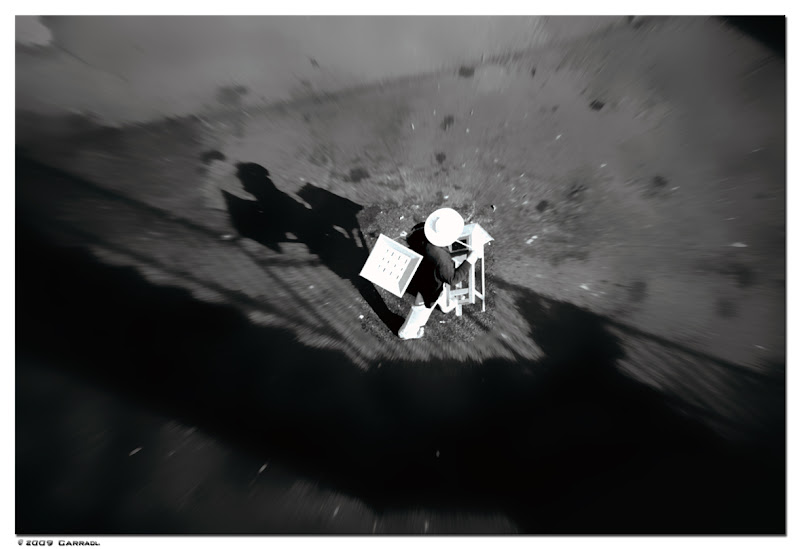
Gracias por su visita / Thanks for visiting.
The Magic of the Cities.
Zen promotes the rediscovery of the obvious, which is so often lost in its familiarity and simplicity. It sees the miraculous in the common and magic in our everyday surroundings. When we are not rushed, and our minds are unclouded by conceptualizations, a veil will sometimes drop, introducing the viewer to a world unseen since childhood. ~ John Greer

Gracias por su visita / Thanks for visiting.

Gracias por su visita / Thanks for visiting.

Gracias por su visita / Thanks for visiting.


Gracias por su visita / Thanks for visiting.